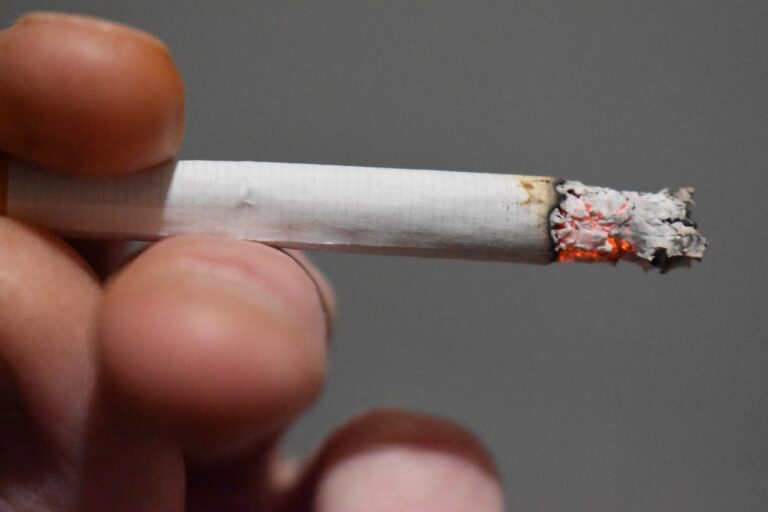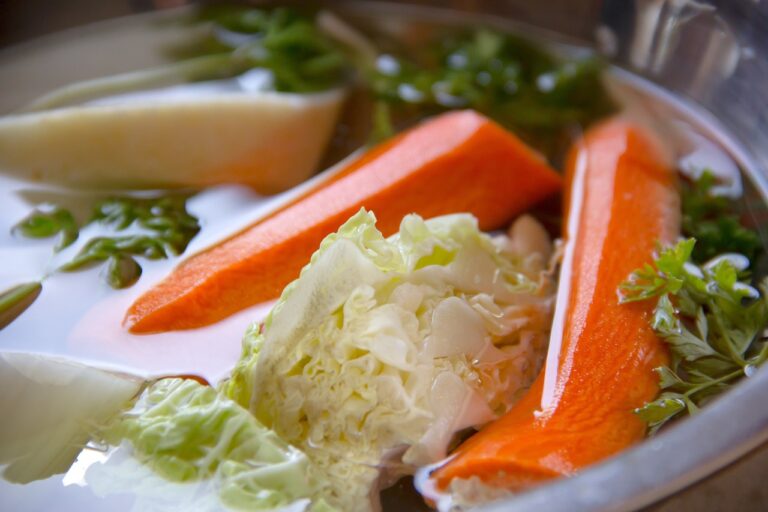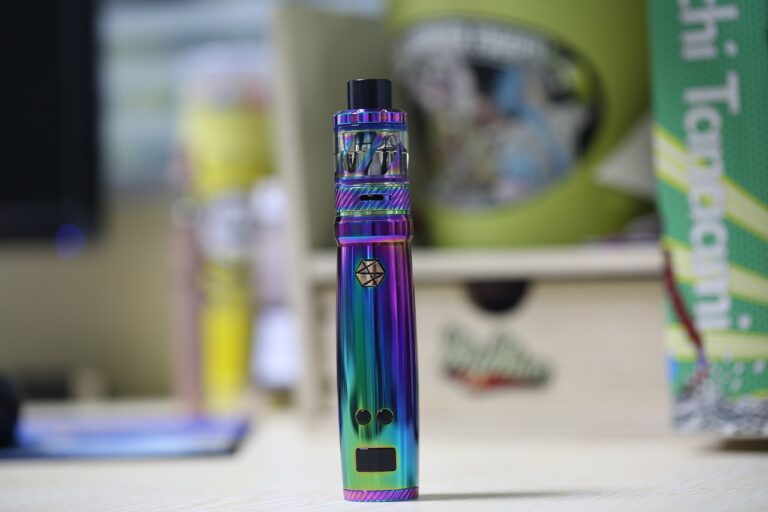Tips for Managing Oily Scalp and Greasy Hair
bit bhai 9, radhe exchange, lotus365.win login:Having an oily scalp and greasy hair can be frustrating to deal with on a daily basis. Not only does it make your hair look unclean and unkempt, but it can also lead to issues such as dandruff and acne on your scalp. Fortunately, there are several tips and tricks you can use to manage oily scalp and greasy hair effectively.
1. Use a clarifying shampoo
Clarifying shampoos are specifically designed to deep clean your hair and scalp, removing excess oil and buildup. Using a clarifying shampoo once or twice a week can help prevent your scalp from becoming overly oily. Look for shampoos that contain ingredients such as salicylic acid or tea tree oil, which can help control sebum production.
2. Wash your hair regularly
Regularly washing your hair is essential for managing an oily scalp. Try to wash your hair every other day or every two days to prevent a buildup of oil. Avoid washing your hair every day, as this can strip your scalp of its natural oils, leading to increased oil production.
3. Avoid hot water
Hot water can strip your scalp of its natural oils, leading to an overproduction of oil to compensate. Instead, wash your hair with lukewarm water to gently cleanse your scalp without drying it out. Finish with a cool rinse to help close the hair cuticles and reduce oil production.
4. Use dry shampoo
Dry shampoo is a great option for refreshing your hair in between washes. Simply spray it onto your roots, massage it in, and brush it out to absorb excess oil and add volume to your hair. Dry shampoo can be a lifesaver on days when you don’t have time to wash your hair.
5. Avoid overusing styling products
Styling products such as gels, mousses, and hairsprays can contribute to greasy hair. Try to limit the use of these products and opt for lightweight, oil-free formulations when possible. If you do use styling products, make sure to wash them out thoroughly to prevent buildup on your scalp.
6. Use a toner on your scalp
Toners are not just for your face they can also be used on your scalp to help control oil production. Look for toners that contain ingredients such as witch hazel or apple cider vinegar, which can help balance the pH of your scalp and reduce excess oil. Simply apply the toner to your scalp with a cotton ball after washing your hair.
7. Eat a balanced diet
What you eat can have a significant impact on the health of your hair and scalp. A diet rich in vitamins, minerals, and antioxidants can help regulate oil production and keep your scalp healthy. Incorporate foods such as salmon, avocados, and nuts into your diet to promote healthy hair growth and reduce oiliness.
8. Avoid touching your hair
Touching your hair throughout the day can transfer oil and dirt from your hands to your hair, making it greasier. Try to avoid touching your hair unnecessarily and refrain from running your fingers through it. If you do need to adjust your hair, use a comb or brush instead of your hands.
9. Use a scalp scrub
Scalp scrubs can help exfoliate dead skin cells and remove buildup from your scalp, reducing oiliness and promoting hair growth. Look for a gentle scalp scrub with exfoliating ingredients such as sugar or salt, and use it once a week to keep your scalp clean and healthy.
10. Get regular trims
Regular trims can help keep your hair healthy and prevent buildup at the roots, which can lead to oily scalp. Visit your hairstylist every 6-8 weeks to get rid of split ends and maintain the health of your hair. Keeping your hair trimmed can also make it look less greasy and more voluminous.
FAQs:
1. How often should I wash my hair if I have an oily scalp?
It’s recommended to wash your hair every other day or every two days if you have an oily scalp. Washing your hair too frequently can strip your scalp of its natural oils, leading to increased oil production.
2. Can oily scalp lead to hair loss?
While having an oily scalp doesn’t directly cause hair loss, it can contribute to issues such as dandruff and clogged hair follicles, which can impede hair growth. It’s essential to manage oiliness to maintain a healthy scalp and promote hair growth.
3. Are there any home remedies for oily scalp?
There are several home remedies you can try to manage oiliness, such as apple cider vinegar rinses, tea tree oil treatments, and aloe vera masks. These natural remedies can help balance oil production and keep your scalp healthy.
4. How can I prevent my hair from looking greasy throughout the day?
To prevent your hair from looking greasy throughout the day, try using dry shampoo, blotting papers, or styling your hair in a way that hides oiliness. You can also tie your hair up or use accessories to camouflage greasiness.
5. Will changing my diet help reduce oiliness in my scalp?
Eating a balanced diet rich in vitamins and minerals can help regulate oil production in your scalp. Incorporate foods such as salmon, avocados, and nuts into your diet to promote healthy hair growth and reduce oiliness.
Managing an oily scalp and greasy hair can be challenging, but with the right tips and tricks, you can keep your hair looking fresh and clean. By following these suggestions and incorporating them into your hair care routine, you can effectively manage oiliness and maintain a healthy scalp. Remember to be patient and consistent in your efforts, as it may take time to see results. With a little bit of effort and dedication, you can achieve a balanced scalp and beautiful, non-greasy hair.







